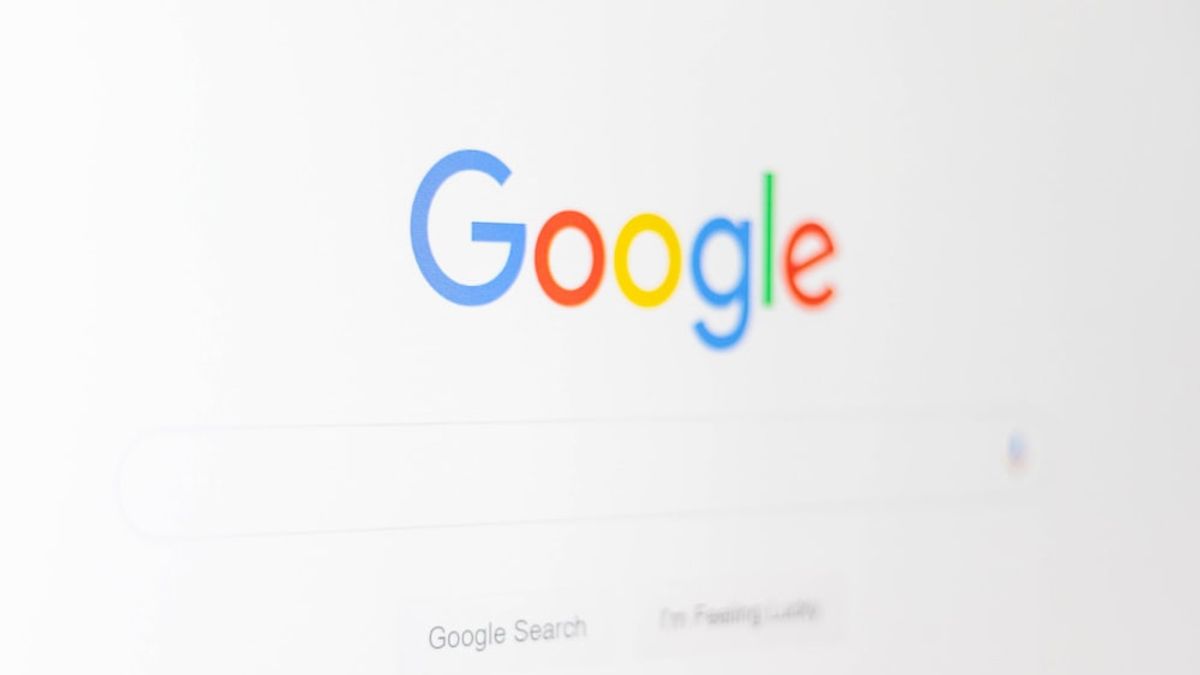YOGYAKARTA Google technology company announced plans to stop third-party cookies from the desktop Chorme browser. Then what is third-party cookies?
Browser users are certainly familiar with the term Cookie. Usually when visiting a certain page, users will get a notification to enable cookies on the device used. The term cookies themselves are a kind of file obtained from the site they visit. Cookies are used to make visiting information easier.
However, it should be noted that when a browser user decides to accept all the cookies, what he gets is first-party cookies and when. The first-party Cookie comes from a domain or website that is opened by browser users. While third-party cookies come from other domains other than live-visited domains.
Simply put, third-party cookies are files received by browser users and are obtained from domains other than those visited. Third-party Cookies are often used for online advertising purposes that track user browsing history and activities. That way they are able to display personalized ads for products and services.
SEE ALSO:
For example, one time a user searches for typical foods of Yogyakarta on the website. Moments later, advertisements about typical foods of Yogyakarta appear on both websites including social media. The ad is due to the browser storing third-party cookies that are used to send targeted ads to you.
The shape of the cookies is in the form of text files consisting of various pieces of information used to collect browser user data. Data stored in cookies such as the history of web browsing and personalization preferences as well as tracking information. Third-party Cookies are also placed on all devices, including computers, laptops, cellphones, and tablets.
The difference between the first-party cookies and the third-party cookies lies in who uses the cookies data and who the cookies are collected for.
First-party Cookies are used to improve user experience by recording user preferences and settings. In addition, the first-party cookies are used to store important information, such as what products are put in shopping carts in online stores, usernames, passwords, and language preferences.
While third-party cookies are deliberately placed on other websites in order to obtain user data. The data collected is similar to the first-party cookies, but third-party cookies are often set by advertising networks with the aim of increasing sales.
Google as the company that owns online search engines recently announced that it will soon remove third-party cookies from their desktop Chrome browser.
The deletion will be carried out in stages as of early 2024. This deletion is carried out in connection with the implementation of a new advertising system called "Privacy Sandbox" in the Google Chrome browser.
Third-party cookies will be intensified in the third quarter, around July, August, September 2024. Thus, Chrome users will be able to experience the benefits of Privcy Sandbox during browsing on Google Chrome. In addition, user data is also more secure and more private.
That's information related to third-party cookies. Visit VOI.ID to get other interesting information.
The English, Chinese, Japanese, Arabic, and French versions are automatically generated by the AI. So there may still be inaccuracies in translating, please always see Indonesian as our main language. (system supported by DigitalSiber.id)


















